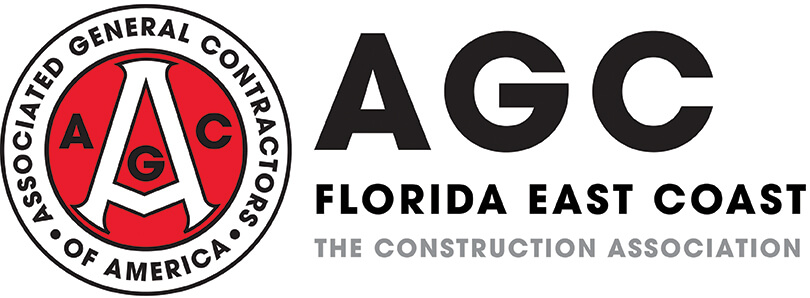Materials Prices For Nonresidential Construction Soar 21 Percent From February 2021 To February 2022; Association Warns Of More Cost Increases
| Mar. 15, 2022 | News
Diesel Fuel Prices Spiked 57.5 Percent and Steel Mill Product Prices Surged by 74.4 Percent Compared to a Year Ago, Squeezing Already Narrow Margins for Contractors and Threatening Future Demand for Projects
Prices of construction materials used in new nonresidential construction jumped more than 21 percent from February 2021 to February 2022, according to an analysis by the Associated General Contractors of America of government data released today. The association noted that more recent price announcements made after the February data was collected suggest contractors are experiencing even worse cost pressures this Spring.
“Even though the February numbers represent some of the highest year-over-year price increases ever recorded, they have already been surpassed by even steeper price hikes since the war in Ukraine broke out,” said Ken Simonson, the association’s chief economist. “Since the time these prices were collected, multiple increases have taken effect for metals, fuel, and trucking, while supply chains have become even more snarled.”
The producer price index for inputs to new nonresidential construction—the prices charged by goods producers and service providers such as distributors and transportation firms—increased by 2.0 percent from January to February and 19.1 percent over the past 12 months. In comparison, the index for new nonresidential construction—a measure of what contractors say they would charge to erect five types of nonresidential buildings—climbed by 0.6 percent for the month and 17.0 percent from a year earlier.
Prices climbed at double-digit rates for nearly all categories of inputs in the cost index, Simonson noted. The price index for diesel fuel leaped 57.5 percent over 12 months. The index for steel mill products climbed 74.4 percent. The index for aluminum mill shapes jumped 37.3 percent. The index for plastic construction products rose 35.6 percent over 12 months.
In addition, year-over-year increases exceeded 20 percent for the indexes covering copper and brass mill shapes, 24.4 percent; lumber and plywood, 22.5 percent; asphalt and tar roofing and siding products, 22.5 percent; gypsum products, 20.7 percent; and architectural coatings, 20.3 percent. Other inputs with double-digit increases for the past 12 months include truck transportation of freight, 19.1 percent; insulation materials, 17.8 percent; concrete products, 10.0 percent, and flat glass, 10.0 percent.
Association officials said rising materials prices and tight labor market conditions are forcing contractors to charge more to build projects. They warned however that further price increases could undermine demand for some construction projects, threatening the sector’s recovery. They called for new efforts to ease supply chain backups and urged public officials to allow change orders to reflect the rapid escalation in materials prices.
“At some point projects will no longer pencil out as contractors have to raise bid prices to keep pace with the rapid inflation in materials costs,” said Stephen E. Sandherr, the association’s chief executive officer. “Public officials can help by giving contractors more flexibility to adjust contract amounts to keep pace with spiking materials prices.”
View producer price index data. View chart of gap between input costs and bid prices.
